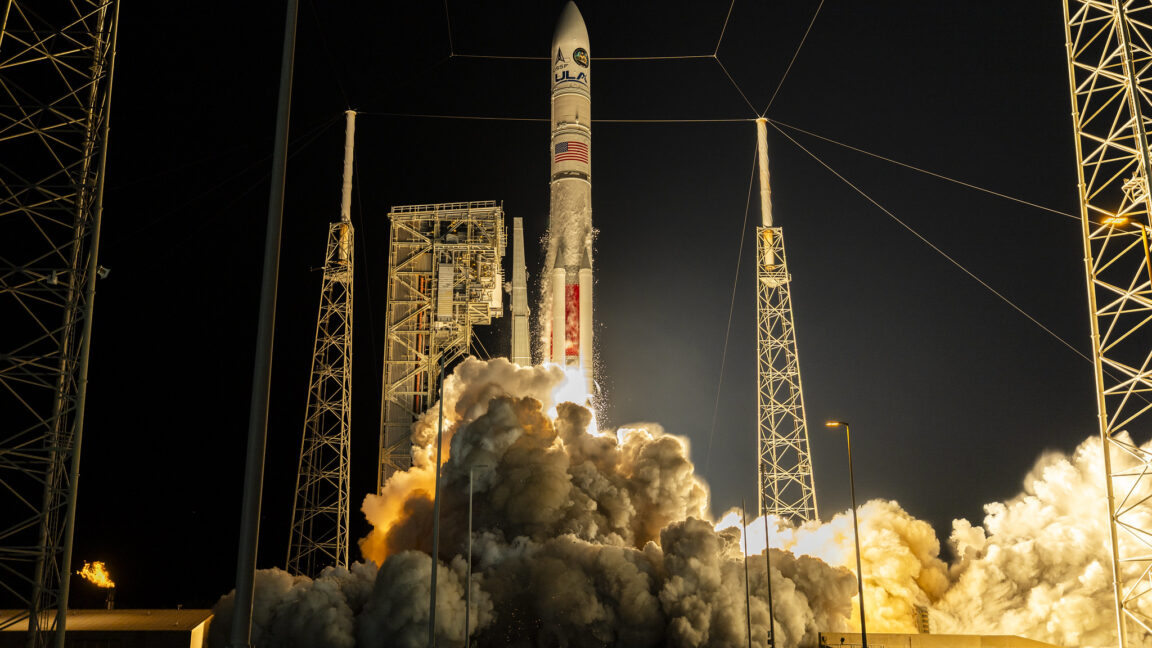
"It's important to remember that these prices aren't what ULA or SpaceX would charge a commercial satellite customer. The US government pays a premium for access to space. The Space Force, the National Reconnaissance Office, and NASA don't insure their launches like a commercial customer would do. Instead, government agencies have more insight into their launch contractors, including inspections, flight data reviews, risk assessments, and security checks. Government missions also typically get priority on ULA and SpaceX's launch schedules."
"Four of the five launches awarded to SpaceX Friday will use the company's larger Falcon Heavy rocket, according to Lt. Col. Kristina Stewart at Space Systems Command. One will fly on SpaceX's workhorse Falcon 9. This is the first time a majority of the Space Force's annual launch orders has required the lift capability of a Falcon Heavy, with three Falcon 9 booster cores combining to heave larger payloads into space."
The Space Force awarded a second batch of NSSL Phase 3 missions to SpaceX and ULA, assigning seven new launches. The U.S. government pays a premium for launch access because agencies do not insure launches and instead conduct inspections, flight data reviews, risk assessments, and security checks, while receiving launch schedule priority. Four of the five SpaceX missions will fly on Falcon Heavy and one on Falcon 9, marking the first time a majority of annual orders required Falcon Heavy capability. ULA's Vulcan uses a single-core booster with variable strap-on solid rocket motors. Missions include classified payloads, WGS-12, and GPS IIIF-4.
Read at Ars Technica
Unable to calculate read time
Collection
[
|
...
]